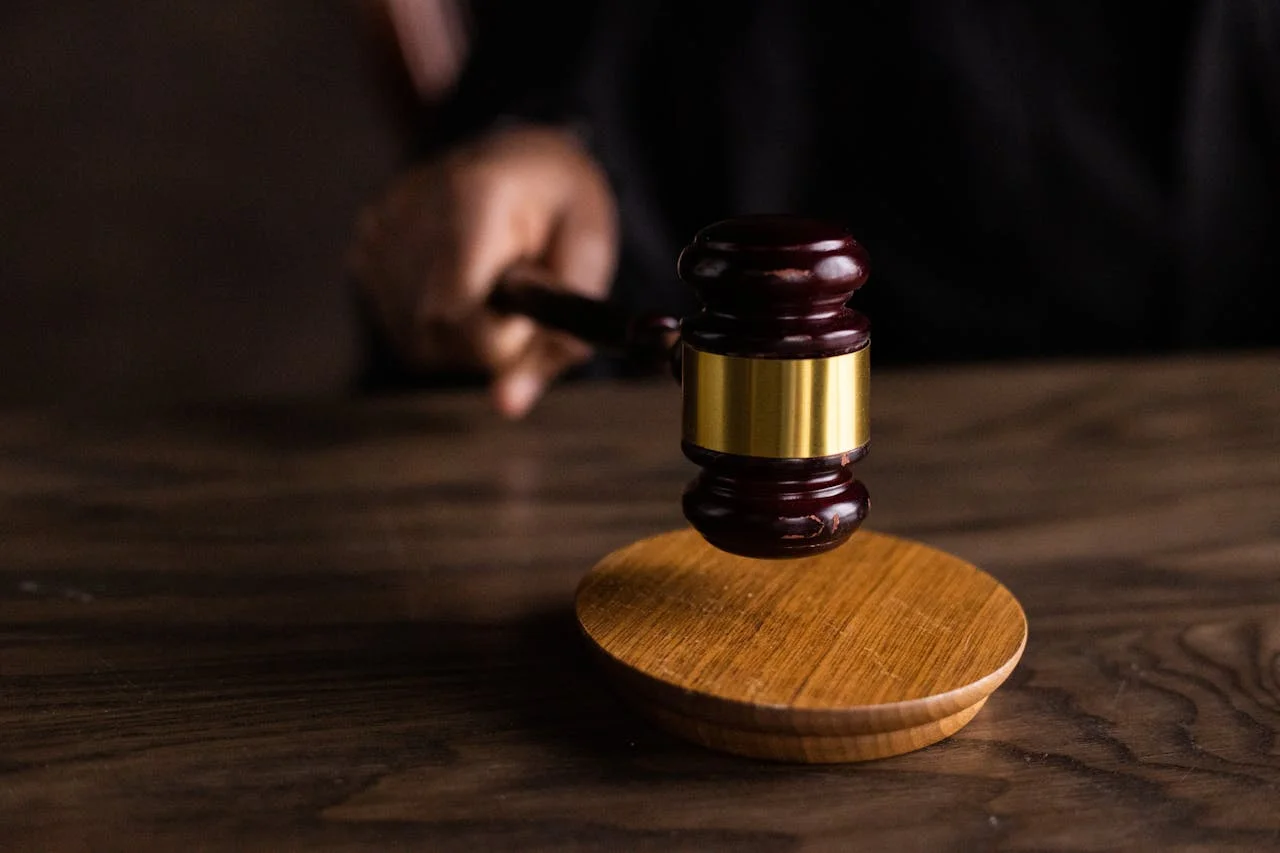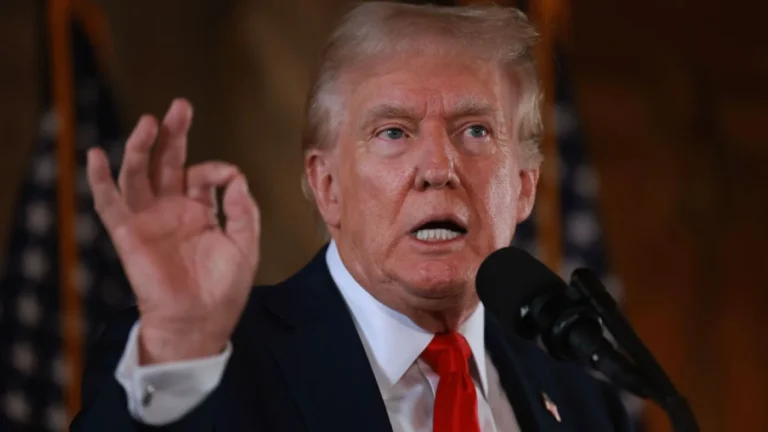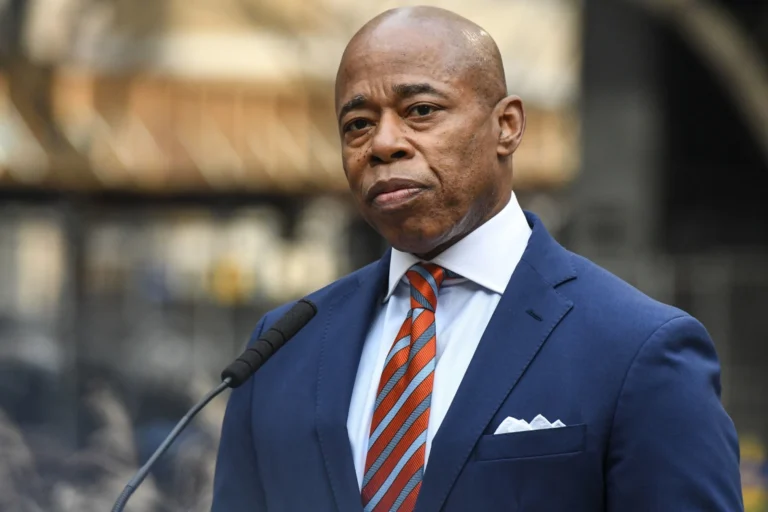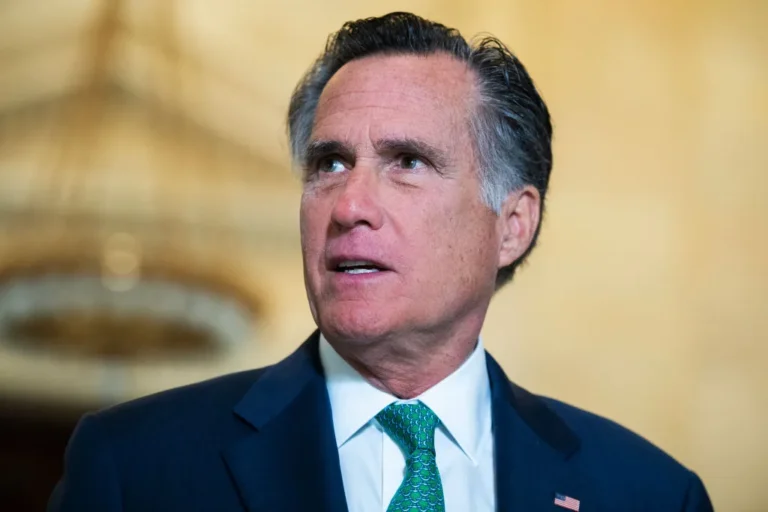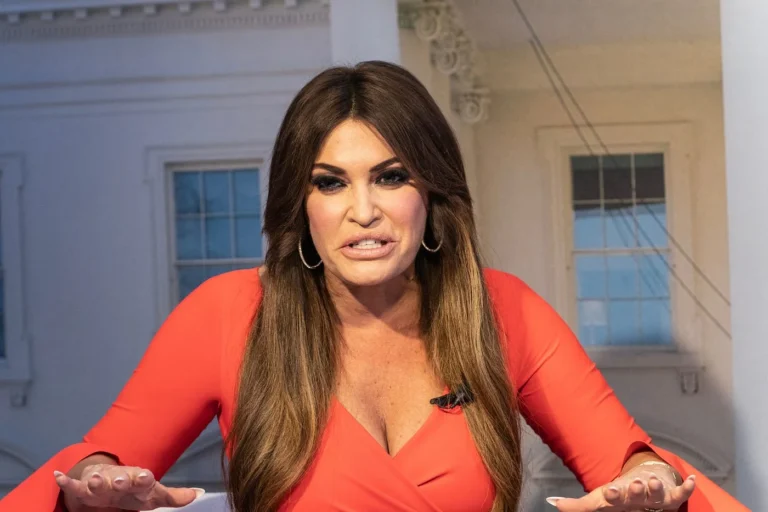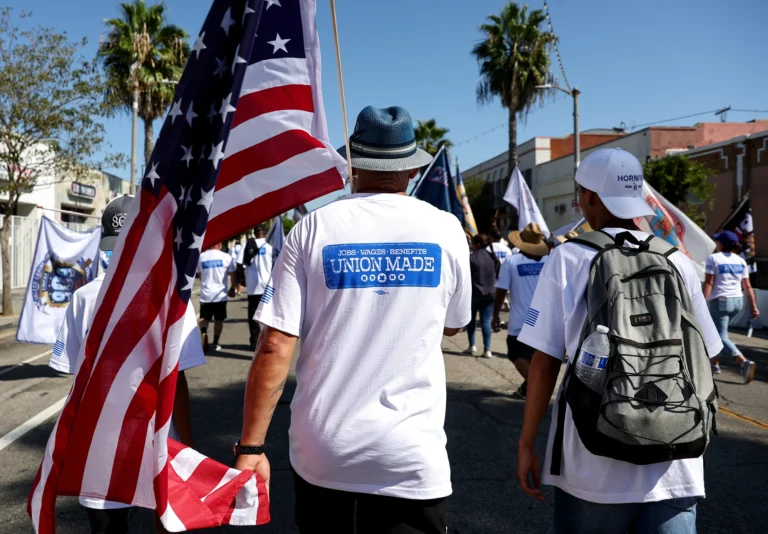The federal judge who oversaw Hunter Biden’s tax case in Los Angeles sharply criticized President Biden on Tuesday for his recent pardon of his son. In a pointed order, U.S. District Judge Mark Scarsi accused the president of misrepresenting the facts of the case and called into question the reasoning behind the pardon. The move has sparked criticism across the political spectrum and raised questions about its broader implications.
Judge Scarsi, appointed by former President Donald Trump, expressed concern over how the pardon was handled procedurally and substantively. He faulted Hunter Biden’s legal team for initially failing to file a properly authenticated copy of the pardon signed by President Biden. More significantly, Scarsi took issue with the president’s justification for the pardon, which he argued unfairly criticized federal law enforcement and the judiciary.
In his Sunday announcement, President Biden framed the pardon as necessary to address unequal treatment and bias in the justice system. He claimed Hunter Biden was unfairly targeted due to his high-profile last name. The pardon absolved Hunter of all offenses over an 11-year period, including tax evasion and illegally purchasing a firearm. However, Scarsi rejected the president’s characterization, calling it an unfounded critique of a lawful process overseen by multiple judges and federal agencies, including the Justice Department.
“The President asserts that Mr. Biden ‘was treated differently’ from others ‘who were late paying their taxes because of serious addictions,’” Scarsi wrote in his order. The judge highlighted a critical flaw in this reasoning, noting that Hunter Biden’s tax evasion occurred after he had become sober. Scarsi pointed to misclassifications of luxury expenses — such as designer clothing, escort services, and his daughter’s tuition — as business deductions.
Scarsi also disputed the claim that Hunter Biden’s prosecution was politically motivated. “Two federal judges expressly rejected Mr. Biden’s arguments that the Government prosecuted Mr. Biden because of his familial relation to the president,” Scarsi stated. He further pointed out that Attorney General Merrick Garland and other Justice Department officials, appointed by President Biden, supervised the investigation.
“In the President’s estimation, this legion of federal civil servants, the undersigned included, are unreasonable people,” Scarsi wrote. While acknowledging the president’s constitutional authority to issue pardons, he emphasized that it does not include the power to rewrite historical facts.
The pardon, announced Sunday, marked a sharp reversal for President Biden, who had previously vowed not to interfere in his son’s legal matters. The decision has drawn bipartisan backlash. Governor Gavin Newsom criticized the move, accusing Biden of undermining public trust. Republicans, meanwhile, have seized on the pardon as evidence of preferential treatment.
Judge Scarsi’s critique extended to the structure and scope of the pardon itself. He noted that the document covered conduct “through Dec. 1,” the same day it was signed. This phrasing raised questions about whether the pardon could be interpreted as applying to future actions, which would exceed the president’s constitutional authority. “The warrant may be read to apply prospectively to conduct that had not yet occurred at the time of its execution,” Scarsi wrote. To avoid this issue, he opted to interpret the pardon as covering offenses up to its issuance.
The pardon also impacted ongoing proceedings in Hunter Biden’s case. Scarsi announced the cancellation of the sentencing hearing previously scheduled for Dec. 16. However, he declined to officially terminate the case until a properly authenticated copy of the pardon was submitted. Hunter Biden’s attorneys subsequently filed a signed copy, but Scarsi noted it lacked an “authenticating declaration” required for procedural compliance.
The controversy surrounding the pardon underscores the broader debate over the scope of presidential power and the potential conflicts of interest it can create. Critics argue that the decision could erode confidence in the justice system, particularly when it involves close family members of the president.
For now, the pardon has shielded Hunter Biden from further legal consequences stemming from his federal tax case and related offenses. However, the political fallout is likely to persist, raising questions about how the Biden administration will address the growing criticism from both sides of the aisle.
